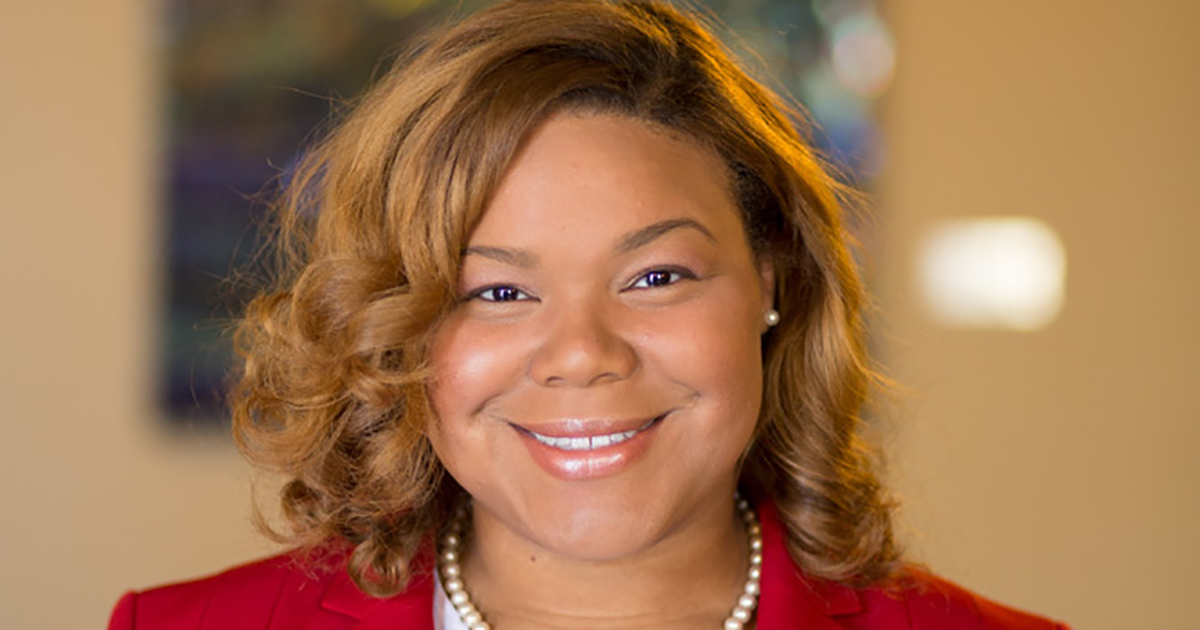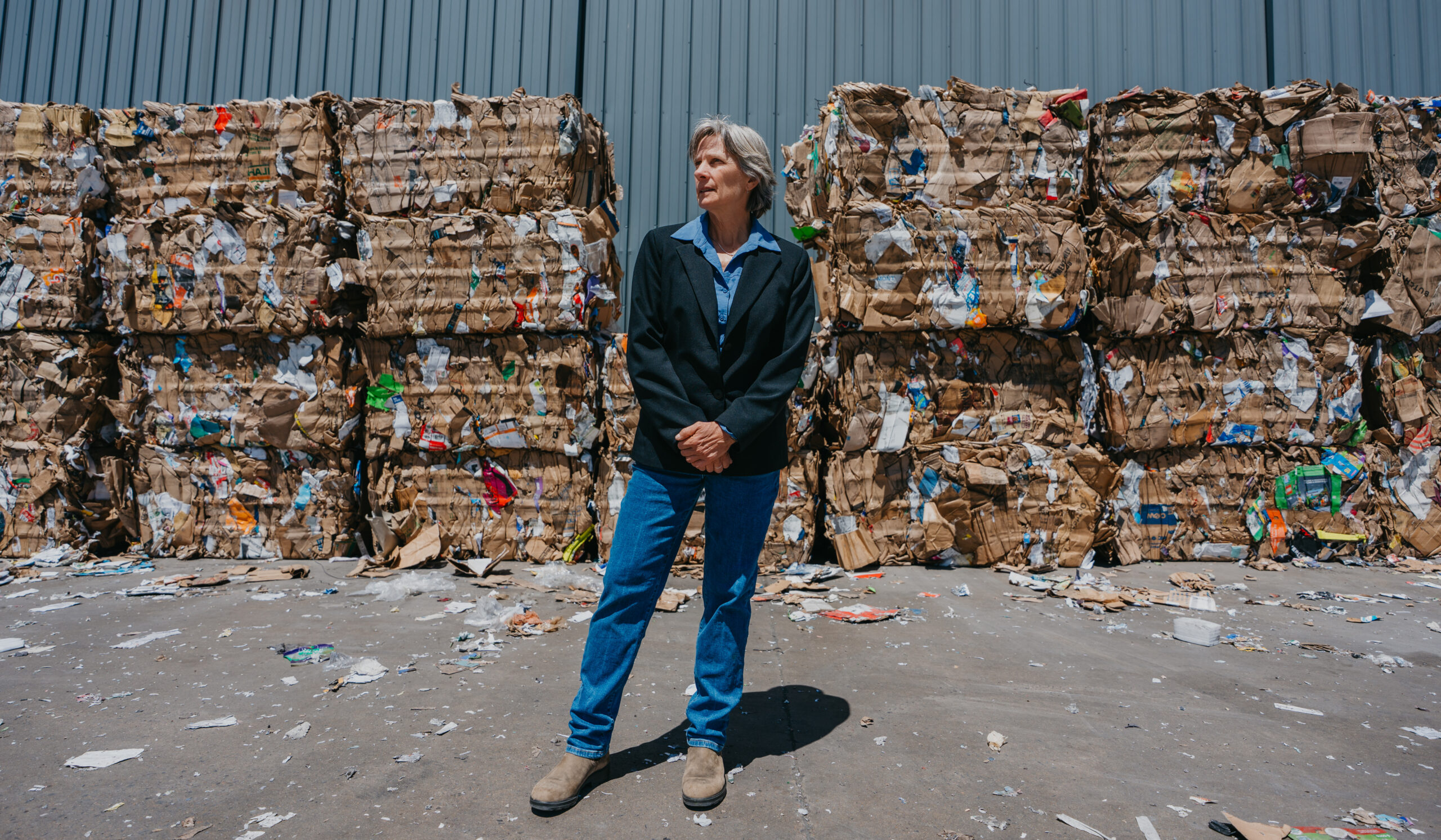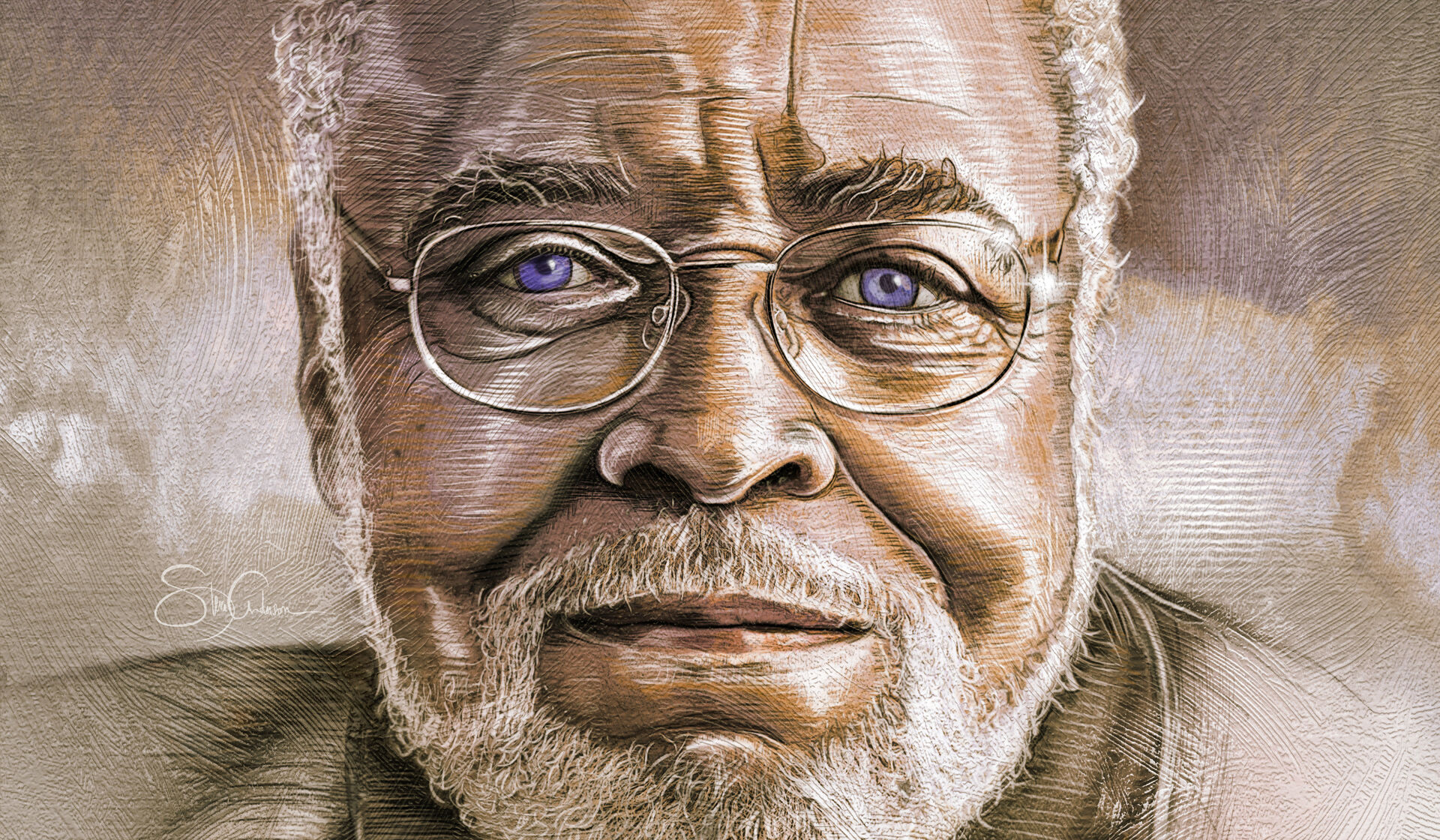The ruminations of a teenage college applicant can often sound callow. But not always. As many a college essay proves, such thoughts can be utterly inspirational. The same can be said of essays submitted by applicants to the Alumni Association LEAD Scholars Program.
In celebration of the 10th anniversary of the program, we are sharing just a few of the many essays submitted. In this 10-part series, you’ll read of the experiences of those who come from relatively sheltered backgrounds to those who have had to deal with more than their share of adversity.
In this second installment, Azia Harris-Martin, ’17, describes educational challenges she faced in an elite program at MIT the summer before applying to U-M. After earning her bachelor’s in material science and engineering at the University, she started a master’s degree at Emory University’s Rollins School of Public Health. She looks forward to a career incorporating more STEM into healthcare.
Learning From Failure
Abraham Lincoln once said, “My great concern is not whether you have failed, but whether you are content with your failure.” He essentially told the country that failure is not a bad thing, but whether you are comfortable and learn from your failure is the biggest challenge of life. This quote described my entire summer transitioning into my senior year.
While completing my sophomore year at Renaissance High School in Detroit, I attended an open house for Massachusetts Institute of Technology. Toward the end of the seminar, the guidance counselor encouraged everyone in the auditorium to apply to the MIT MITES (Minority Introduction to Engineering Sciences). The program was a six-week residential program and open to juniors all around the United States. “It is highly selective and the hardest program you will ever apply to; get ready for a piece of college life at MIT,” the counselor said.
I told my mom that night driving in the car that “I am applying my junior year and, guess what, I am going.” My mom was optimistic and encouraged me to apply. Junior year eventually arrived and the Nov. 1, 2010, application was available online.
I submitted my application, nervously awaiting the day the results came in the mail. February, March, and April passed. My optimism slowly turned in to pessimism; I expected rejection and my summer plans were detoured. The second week in May came around, and I saw in the mail a big envelope from MIT. I was in!
Arriving on MIT’s campus, I knew I was in for a treat. On June 18, I began my journey of learning, failing, and growing. Going to a Detroit Public School, I always got good grades and was the person helping students “get” the information. At MIT, I was surrounded by the smartest kids in America and there were 79 other kids who “got” the information. Physics, genomics, biology, and calculus were on my schedule for the summer.
I had never received a test or paper back with a complete 0 percent until MITES, but I appreciate and value that F more than any of my As earned at Renaissance. I worked hard, and at the end of MITES, I was able to raise that F to a D. MITES was intense, but an experience that I value and never regret. My frustration created tears and was equated to me trying and failing. I will not always be the top, but failure is not the problem if I use mistakes as growing experiences.
This summer, I learned that if you do not reach the top, you continue to try until you do. The sky is my limit, and this is my year to shine and show my school and community that failures come, but with hard work, success is near. Over the next four years at University of Michigan, I will grow.
The LEAD Scholars Program provides scholarships to African-American, Hispanic, and Native American students who have been accepted into the U-M. Visit umalumni.com/LEAD to learn how you can support the program and, thus, help create a more diverse campus.





